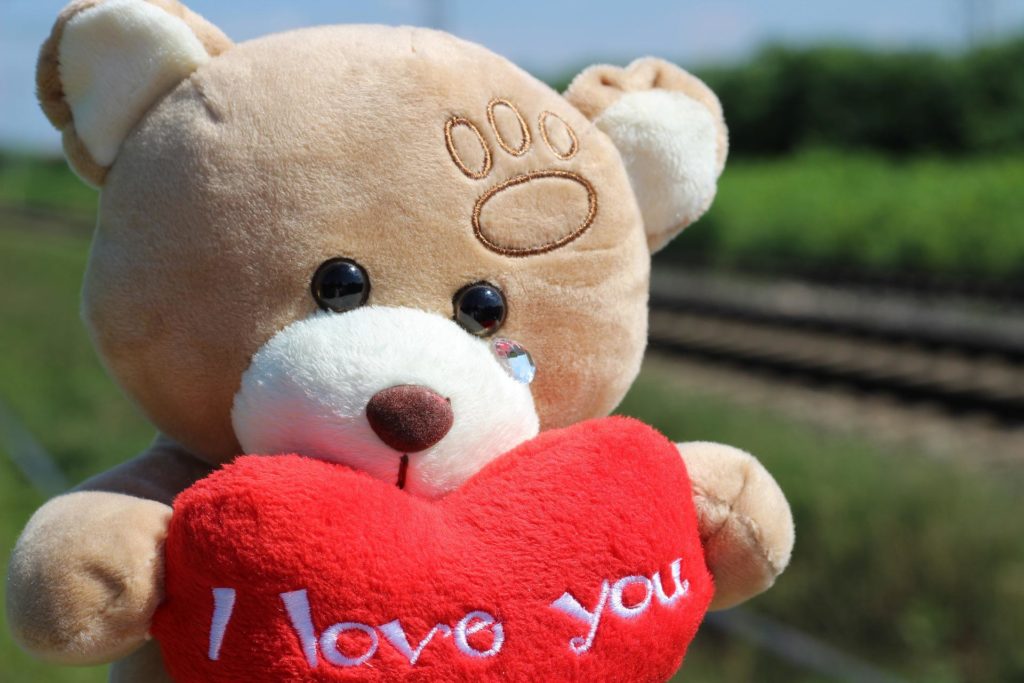
1. Babies react primarily to the emotional state of adults. It is important to be calm and collected with children. If possible, play familiar games, read books aloud, play “words” and other variants of this game. Sing songs together, children and parents together.
2. But you don’t need to completely hide your emotions from the child, it won’t work, children feel everything. Explain that mom/dad can be scared too, it’s okay, it’s okay to be scared now. If you want to cry, hug the child, cry together, give yourself time to cry, but without hysterics. Then calm down together, take several breaths and slow breaths together, you can hold hands or hug.
3. Stroke each other, clap, rub, especially if there is a feeling of freezing. Warm up your feet. Legs are a sense of security. Do a belly massage, relaxing the tummy relieves fear. Breathe into the child (in the ear, cheek, forehead) with hot exhalation – “we fill with love, courage, confidence, and all bad emotions come out” (children have a good imagination, they believe and visualize).
4. It is important to talk with elders about what is happening. But explain that our actions are aimed at protection and we are protected by our army. Not everything that blows, the attack, when the attack is repulsed, also blows. Talk emotions.
5. If the child cries, it’s normal, we calm him down. We pay attention to when he does NOT cry, even if he should. This is a shock reaction, it must be removed. With fear and anxiety, he often freezes – let him drink something warm, wrap him in a blanket/plaid, hug him!
6. Gadgets: games on phones (but games without violence), for passing levels, building cities, Tetris; cartoons – anything is possible, it is a good distraction. But don’t forget about books, games, and especially online safety.
7. Now the words of the parents are the law, that’s how we say: “You do as I say, I’ll explain later.” Then explain at an accessible level.




